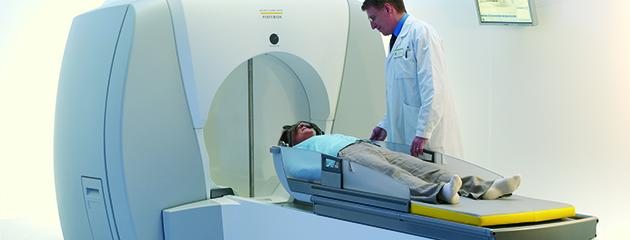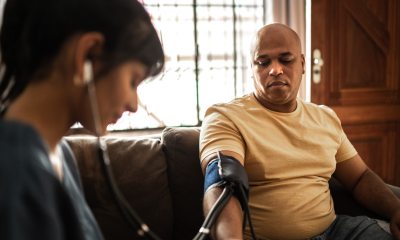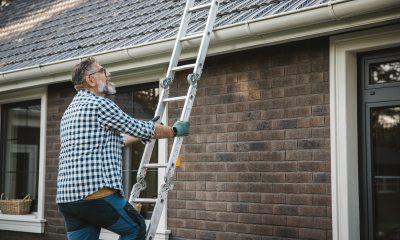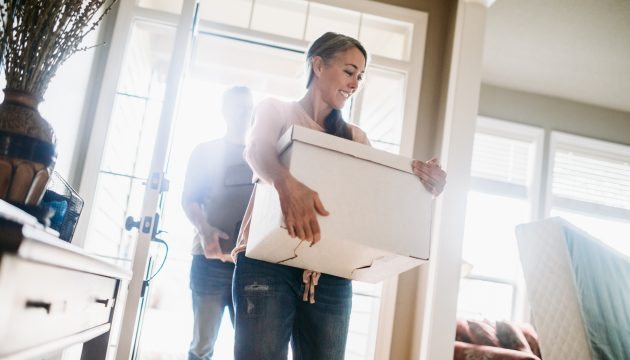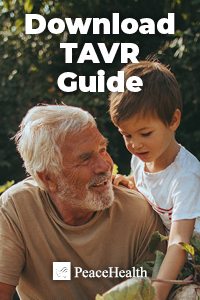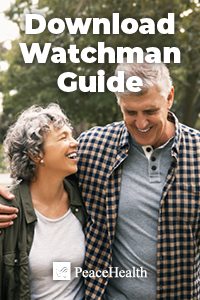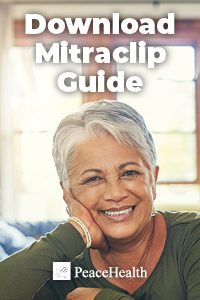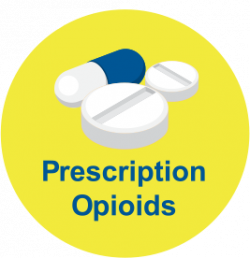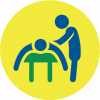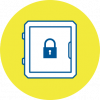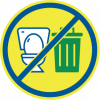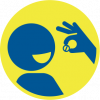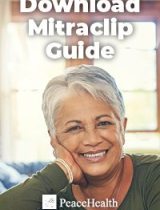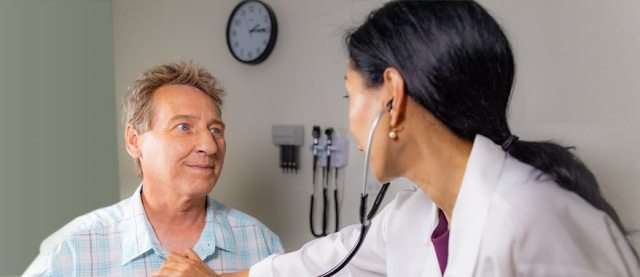Managing Your Prescriptions Safely and Responsibly
Opioids are very powerful medications that can be the right treatment for pain, but they come with risks. Here are easy ways to protect yourself and your loved ones.
Limit your use
Unlike antibiotics, you do NOT need to take all opioids prescribed to you. Stop taking opioids as soon as your pain is tolerable. The less you take, the safer you are from negative consequences like dependence, addiction and overdose. Ask about non-addictive alternatives. There are many ways to treat pain without opioids, such as physical therapy, non-opioid medicines and compresses.
Non-opioid alternatives
Alternatives to opioids may be covered by your insurance provider. These commonly include:
- Non-medication options, like ice, heat, massage, gentle exercise, meditation, acupuncture, stretching, yoga.
- Non-opioid medicines (oral and topical), like acetaminophen, ibuprofen, cyclobenzaprine, lidocaine ointment.
- Therapy to modify emotional and physical triggers of pain and stress.
Many of these pain treatment options can be used at the same time.
Safely store
Keep your prescription out of reach of children, like in a locked container. It might seem extreme, but locking up your prescription opioids is the best way to keep children or other loved ones from accessing your pills and will prevent them from accidentally overdosing. Be sure to keep them out of common areas like kitchen or bathroom counters, coffee tables, or on top of nightstands. Don’t share. Your prescription is meant for you only. Do not share with others. Remember, your prescription is meant for your specific needs and a dose that is safe for you could be dangerous for someone else.
Get rid of leftovers quickly
Do not keep opioids for future use. If your pain returns, it means you have not fully healed and may require another type of treatment. Keeping your pills may provide access to others and put them at risk. Safely dispose by returning leftover pills to a safe disposal site near you. Help keep our water systems and landfills clean by NOT throwing them out or flushing them down the toilet. Find more information on how to dispose of your pills in Oregon, Washington, and Alaska.
Parents use precaution with children who are prescribed opioids
If you are a parent of someone prescribed opioids, it is especially important to follow these precautions. Dispense medicine to your child EXACTLY as prescribed. It can be hard to say no to a child in pain, but opioids are risky and giving them more than prescribed can put them at risk. Do not take opioids yourself and store in a secure place to prevent anyone else from taking them.
